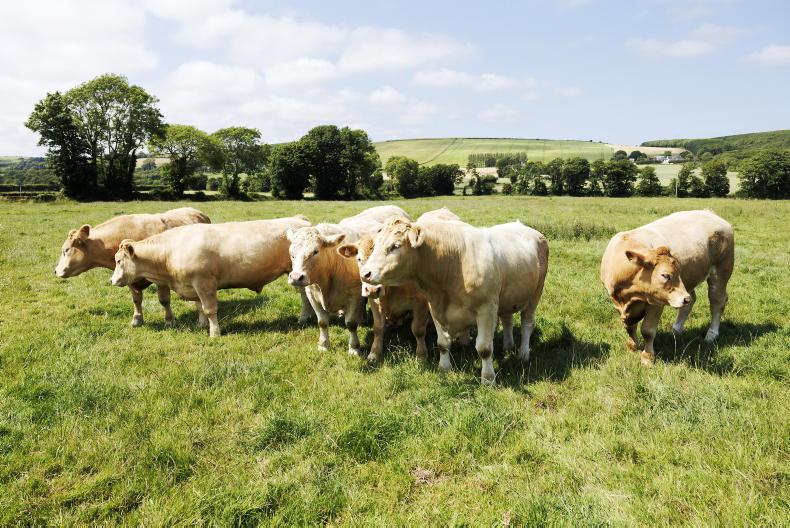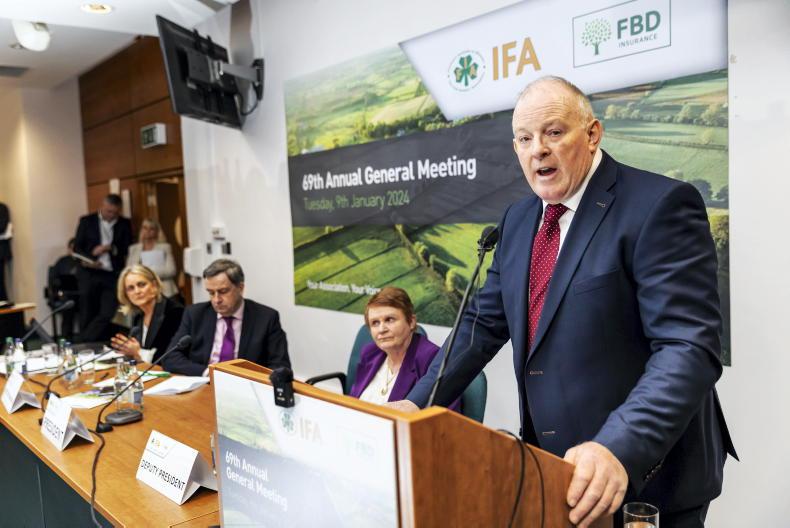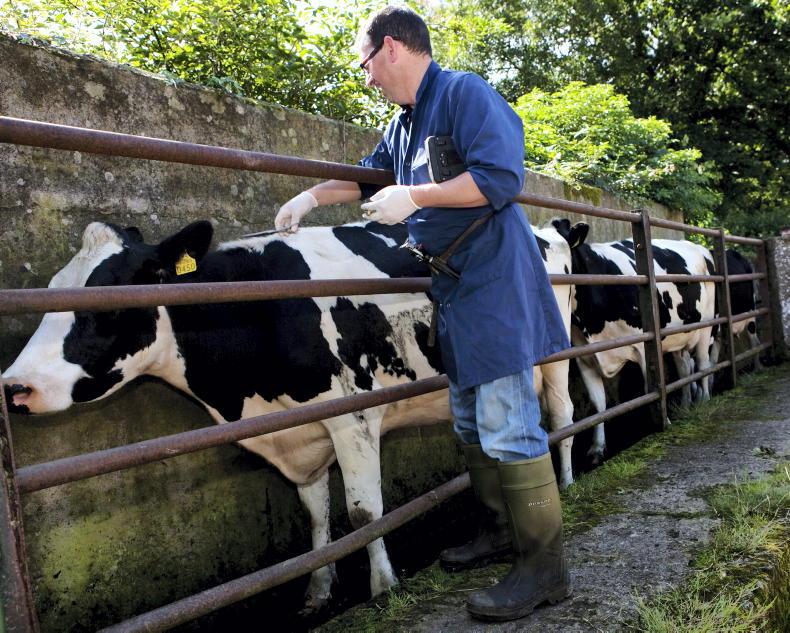Setting up a citizen’s assembly has become a feature of Government policy over recent years as a means having an arm’s length discussion on controversial or sensitive issues.
The attraction is that it enables a structured debate within a group of people selected to represent the citizens of the country, a sort of supersized focus group.
They can be a useful forum and are certainly preferable to social media, especially for complex issues that cannot really be distilled into 140 characters. While they are a worthwhile means of assessing and understanding public opinion and reaction on particular issues, they can never be a substitute for policy formation.
Like any forum where citizens debate issues, it provides for useful exchange of ideas – as indeed does after work staff gatherings in the pub.
That can be a forum for debating the issues of the day, and where the business is going but company strategy can never be written on the back of a beer mat.
What it can be is an environment where ideas are formed that can feed into subsequent policy formation, no more, no less.
Similarly, agricultural policy can never be made by a farmer discussion at a mart, though if the Minister for Agriculture was to drop in and join them, he might come away with some useful ideas that he could incorporate into government policy.
Export levies and cutting farm support
It is in this context that the findings of the latest incarnation of a citizens assembly on biodiversity loss should be viewed. Very few people would disagree with the ambition to minimise or ideally eliminate biodiversity loss.
That such a view comes across strongly in a citizens assembly set up with this brief shouldn’t come as a shock.
The Government's challenge is how to best to accommodate the aspirations of citizens within the framework of the wider functioning of government and the economy.
There can also be a chicken and egg debate around whether prioritising biodiversity will drive the economy or whether we need to drive the economy to generate the revenue necessary to fund biodiversity measures.
The chair of the assembly as much as recognised this when responding to the Irish Farmers Journal query on which sectors were considered harmful – “the Government can really work out the details on that.”
Lobby effect and unintended consequences
This should apply to all the recommendations no matter how much they are used as lobby material by vested interests with a specific agenda.
Farmers will focus on the suggestion that exports should be discouraged with a levy or tax and subsidies for what are considered environmentally harmful practices should be phased out. The latter no longer happens, with the CAP very much geared to environmental protection. In relation to export levies, this has to be balanced against the wider economic impact.
Such a policy could be equally applied to the energy hungry tech and pharma sectors for maximum effect. However, on balance, would it really be better for Ireland if we can out utilise the one natural resource we have, and in the process outsource production to elsewhere?
We can use the example of peat products to illustrate. Ireland has banned extraction of peat products for use in the creation of garden peat.
The effect of this has been to close the business down in the Irish midland,s but with the consumer demand still in place, the alternative solution has been to import the products previously produced in Ireland from Eastern Europe.
Peat extraction has been relocated elsewhere, and Ireland adds to transport emissions by bringing it to Ireland. An example of unintended consequences that policy markers should keep in mind when considering what to do with a citizens assembly report.
Read more
Slap levy on food exports and stop ‘harmful’ farm payments, Govt told
Environmentalists target farmers’ building plans
Setting up a citizen’s assembly has become a feature of Government policy over recent years as a means having an arm’s length discussion on controversial or sensitive issues.
The attraction is that it enables a structured debate within a group of people selected to represent the citizens of the country, a sort of supersized focus group.
They can be a useful forum and are certainly preferable to social media, especially for complex issues that cannot really be distilled into 140 characters. While they are a worthwhile means of assessing and understanding public opinion and reaction on particular issues, they can never be a substitute for policy formation.
Like any forum where citizens debate issues, it provides for useful exchange of ideas – as indeed does after work staff gatherings in the pub.
That can be a forum for debating the issues of the day, and where the business is going but company strategy can never be written on the back of a beer mat.
What it can be is an environment where ideas are formed that can feed into subsequent policy formation, no more, no less.
Similarly, agricultural policy can never be made by a farmer discussion at a mart, though if the Minister for Agriculture was to drop in and join them, he might come away with some useful ideas that he could incorporate into government policy.
Export levies and cutting farm support
It is in this context that the findings of the latest incarnation of a citizens assembly on biodiversity loss should be viewed. Very few people would disagree with the ambition to minimise or ideally eliminate biodiversity loss.
That such a view comes across strongly in a citizens assembly set up with this brief shouldn’t come as a shock.
The Government's challenge is how to best to accommodate the aspirations of citizens within the framework of the wider functioning of government and the economy.
There can also be a chicken and egg debate around whether prioritising biodiversity will drive the economy or whether we need to drive the economy to generate the revenue necessary to fund biodiversity measures.
The chair of the assembly as much as recognised this when responding to the Irish Farmers Journal query on which sectors were considered harmful – “the Government can really work out the details on that.”
Lobby effect and unintended consequences
This should apply to all the recommendations no matter how much they are used as lobby material by vested interests with a specific agenda.
Farmers will focus on the suggestion that exports should be discouraged with a levy or tax and subsidies for what are considered environmentally harmful practices should be phased out. The latter no longer happens, with the CAP very much geared to environmental protection. In relation to export levies, this has to be balanced against the wider economic impact.
Such a policy could be equally applied to the energy hungry tech and pharma sectors for maximum effect. However, on balance, would it really be better for Ireland if we can out utilise the one natural resource we have, and in the process outsource production to elsewhere?
We can use the example of peat products to illustrate. Ireland has banned extraction of peat products for use in the creation of garden peat.
The effect of this has been to close the business down in the Irish midland,s but with the consumer demand still in place, the alternative solution has been to import the products previously produced in Ireland from Eastern Europe.
Peat extraction has been relocated elsewhere, and Ireland adds to transport emissions by bringing it to Ireland. An example of unintended consequences that policy markers should keep in mind when considering what to do with a citizens assembly report.
Read more
Slap levy on food exports and stop ‘harmful’ farm payments, Govt told
Environmentalists target farmers’ building plans










SHARING OPTIONS